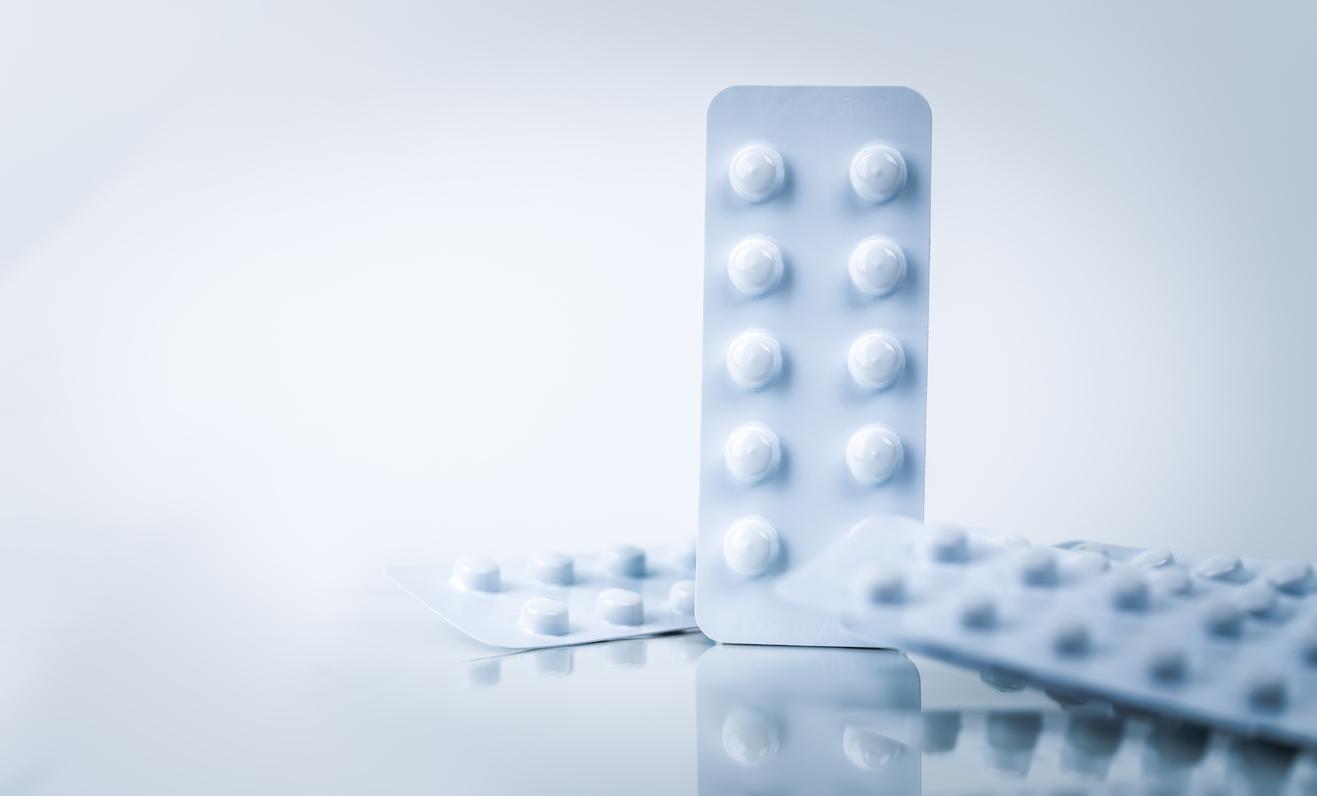At the start of the year, researchers at the Montreal Heart Institute (MHI) research center hoped that colchicine, a drug usually prescribed against gout, would become the anti-covid treatment that everyone is waiting for. The results of the study colcoronalaunched by at the height of the first wave of the disease indeed seemed to indicate that this treatment could reduce the risks of pulmonary complications and hospitalization in patients with covid-19.
A hope finally disappointed. The researchers in charge of the vast Recovery study, which evaluates the effectiveness of several treatments against covid, have indeed just affirmed, after having evaluated this treatment on 11,340 patientsthan colchicine”is not associated with a reduction in 28-day mortality, length of hospitalization or risk of being placed on mechanical ventilation.
“Like all the treatments we study, we all hoped it would work. But the trials showed no benefit, so the treatment will be abandoned but we will study other treatments,” tweeted Martin Landray, a British epidemiologist who participates. in the Recovery test.
RECOVERY pre-print: Colchicine
11340 patients hospitalized with COVID-19
Randomized to colchicine vs usual care
No significant improvement in:
– 28-day mortality
– discharge alive at 28 days
– progression to invasive mechanical ventilation or deathhttps://t.co/mEtYq2qwkLpic.twitter.com/B0MNJWDi6e— Martin Landray (@MartinLandray) May 18, 2021
A medicine that can have side effects
The preliminary Colcorona study involved nearly 4,500 patients who tested positive for coronavirus. It had been conducted in Canada but also in the United States, Europe, South America and South Africa. The results showed “that colchicine statistically significantly reduced the risk of death or hospitalization compared to placebo” emphasizes Dr. Jean-Claude Tardif, director of the ICM Research Center. In patients recruited before their hospitalization, this anti-inflammatory drug reduced hospitalizations by 25%, the need for mechanical ventilation by 50%, and deaths by 44%.
“Our study showed the effectiveness of treatment using colchicine in preventing the phenomenon of ‘major inflammatory storm’ (the famous cytokine storm, editor’s note) and reducing the complications linked to COVID-19” explained the doctor.
Hydroxychloroquine, tocilizumab… other treatments deemed promising against the coronavirus have ultimately proven to be little or not effective in patients affected by the virus. For its part, colchicine is not a trivial drug. “It is a drug with a narrow therapeutic index, which means that the difference between the therapeutic dose and the toxic dose is small.” the National Medicines Safety Agency. An overdose may cause abdominal pain, diarrhea and nausea and vomiting.
Sources:
- Colchicine in patients admitted to hospital with COVID-19 (RECOVERY): a randomised, controlled, open-label, platform trialmedRxiv, May 2021
- Colchicine reduces risk of complications from COVID-19Montreal Heart Institute (Canada)
Read also :
- Coronavirus treatment: a new cocktail of antibodies under study
- Variants of covid-19: what we know
- Covid vaccine: who can get vaccinated? When ?
















